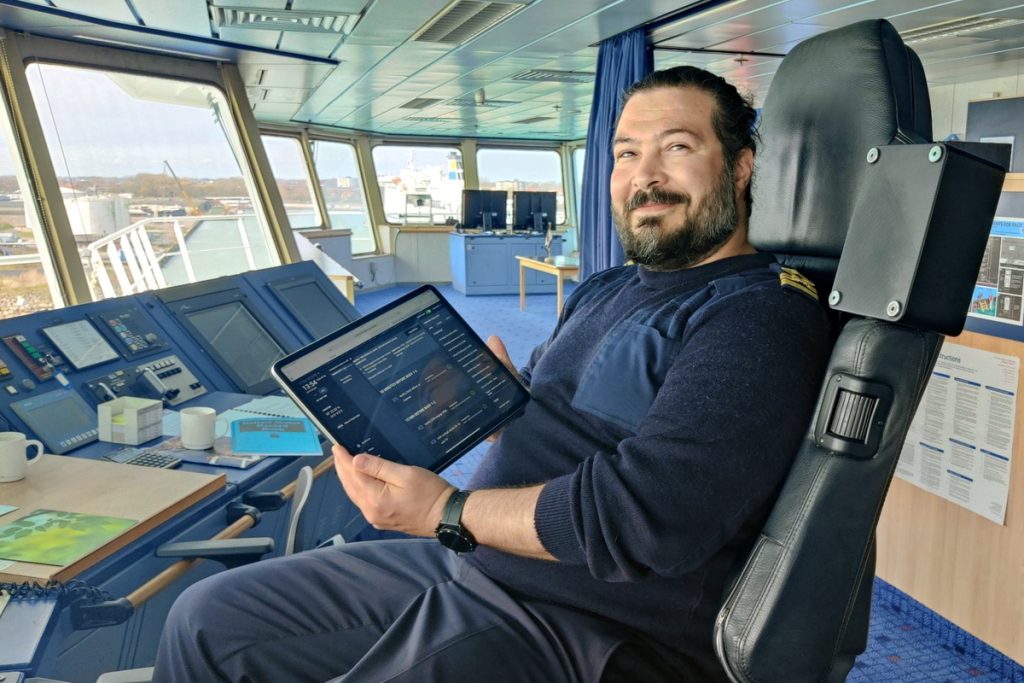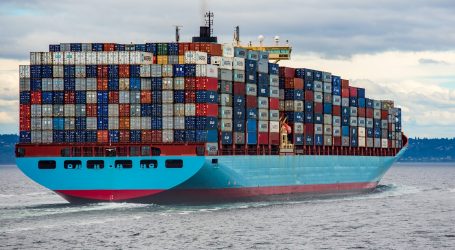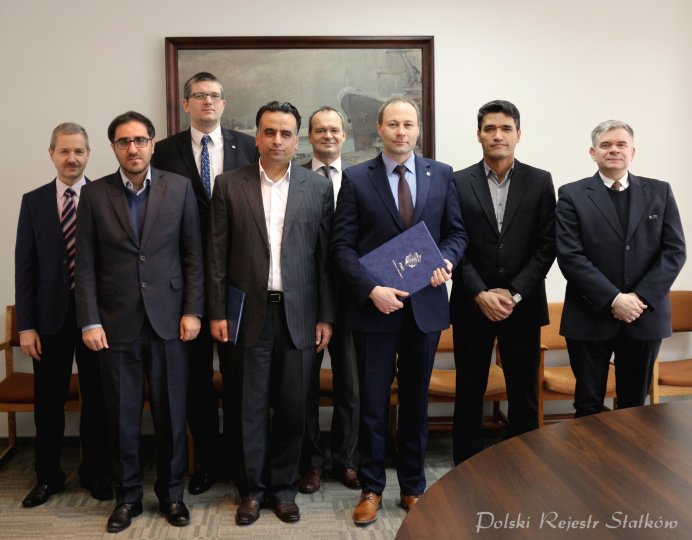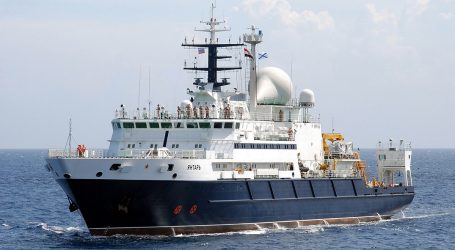Stena Line uses artificial intelligence on ferries
Stena Line, one of Europe’s leading ferry operators, is now seeing a significant reduction in fuel consumption through the strategic use of artificial intelligence. The use of an advanced system, called Voyage Optimisation System, optimises the ship’s operations, reducing fuel consumption by 1 to 5 per cent.
Artificial intelligence is not only used on land, but also at sea. This is perfectly illustrated by the example of ferry operator Stena Line. A new AI system, called Voyage Optimisation System, has been tested on routes between Sweden and Denmark, among others.
The use of artificial intelligence helps to optimise the ship’s operations by accurately analysing a number of factors affecting navigation, such as wind, waves and water depth, ensuring correct and energy-efficient output. This data is collected in real time and processed through AI-based algorithms, reducing fuel consumption and improving operational strategy.
– It is clear that the use of artificial intelligence both optimises our operations and supports our vision of a more sustainable future. It is good to see that technology has not only enabled significant progress in our efforts to reduce our carbon footprint and streamline our operations, but also gives our crew more time to manage day-to-day operations,’ said Michael Ljunge, Digital Engineering Manager at Stena Line.
The developers of the AI system work closely with the ship’s crew, both navigators and captains, to constantly receive feedback and make adjustments accordingly. This collaboration has proved crucial in improving the AI solution and ensuring its practicality in operations.
– One of the biggest challenges in implementing AI was making sure everyone on board understood how the system worked. We initially named the system ‘AI Captain’, but changed it shortly afterwards to avoid any misunderstanding that artificial intelligence would replace human decision-making. Instead, the technology is now presented as an intelligent assistant that supports the captain’s and crew’s decisions, which has helped to integrate the AI system in a more natural way, as a tool that complements human knowledge and experience, explains Michael Ljunge.
The increased use of artificial intelligence and the associated productivity developments are just the beginning. With the current technological advances, Stena Line has the opportunity to continue to set the standard towards more environmentally friendly and innovative shipping.
These developments are also part of Stena Line’s broader strategy to integrate sustainable solutions into all areas of its operations, including the introduction by travel agent Sembo of an AI assistant that streamlines trip planning and booking and revolutionises the traditional travel industry.
The Voyage Optimisation System is being tested on the following ships and routes:
Stena Flavia (Travemunde – Liepaja / Germany – Latvia)
Stena Danica (Gothenburg – Frederikshavn / Sweden – Denmark)
Stena Nautica (Halmstad – Grenaa / Sweden – Denmark)
Skåne, Mecklenburg-Vorpommern (Trelleborg – Rostock / Sweden – Germany)
Stena Nordica (Rosslare – Fishguard / Ireland – United Kingdom)
Source: PortalMorski.pl




